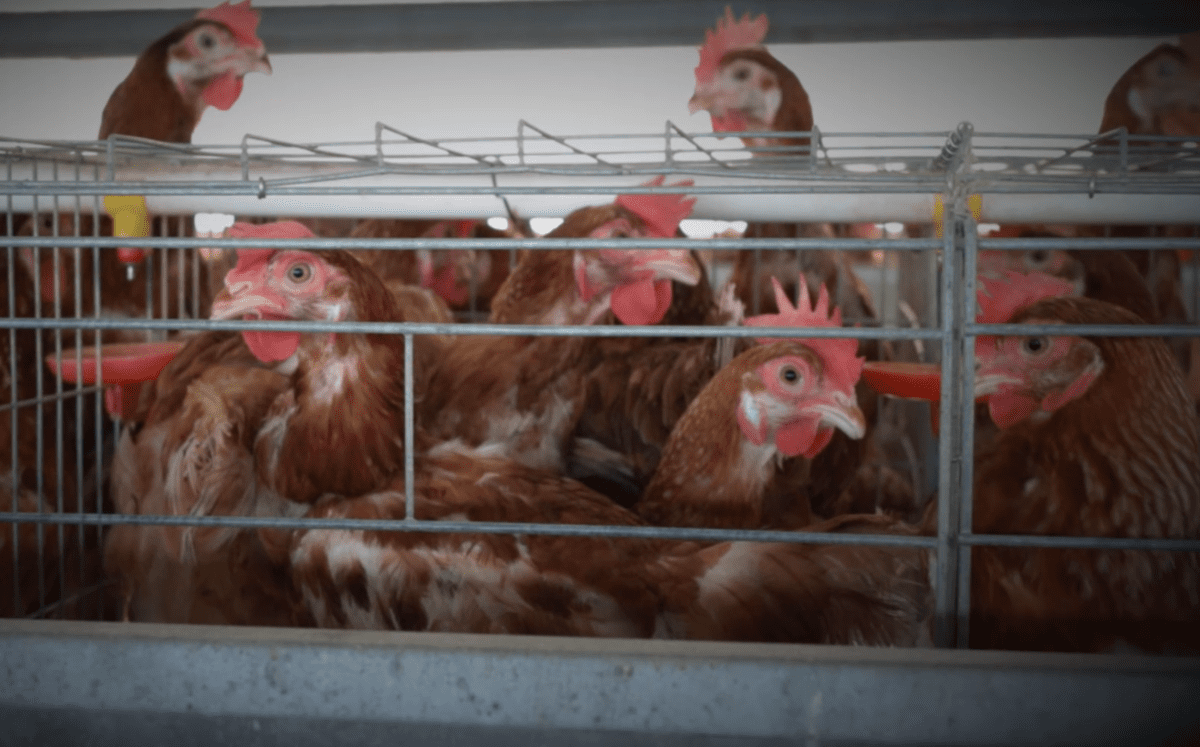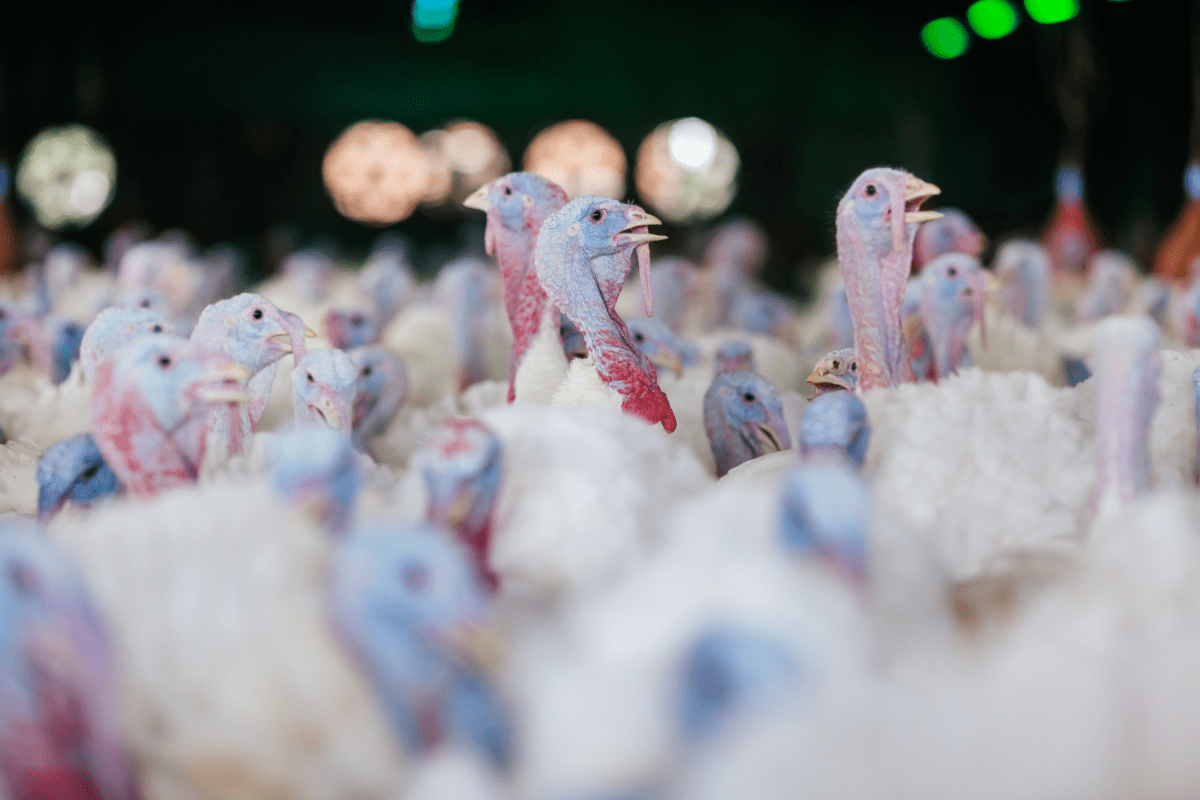- It has been three years since the federal government promised to ban the shipping of gentle draft horses overseas for slaughter, an industry that causes unimaginable fear and suffering to these sensitive animals.
- Bill C-355, which would ban the cruel practice, got through the House of Commons but has been stalled in the Senate since May.
- Recent investigations and Japanese government data show the suffering far exceeds what the Canadian Food Inspection Agency (CFIA) claims.
- While the Senate delays action, horses continue to suffer and die as shipments continue.
Join animal protection organizations across Canada in urging the Senate to stop the deadly delay.
Most Canadians would be surprised to learn that Canada is one of the top exporters of live horses for slaughter. Every year, approximately 3,000-5,000 live draft horses are loaded onto planes, packed tightly with 3-4 horses per crate, and flown on lengthy journeys abroad where they will be slaughtered for meat.
Horses’ journeys to slaughter are long, dangerous and stressful
Canadians are calling for change
Recent polling shows just 22% of Canadians support the live horse export industry continuing.
The industry has long been opposed by organizations across Canada, including the Canadian Horse Defence Coalition and prominent animal advocates like singer-songwriter Jann Arden.
A federal parliamentary e-petition garnered more than 77,000 public signatures in support of a ban, making it one of the most popular animal-related federal petitions on record.
Horses continue to suffer due to delay of bill C-355
In December 2021, Prime Minister Justin Trudeau directed the Minister of Agriculture, Marie-Claude Bibeau, to ban the live export of horses for slaughter. Three years later, horses continue to be shipped to their death as a result of delay in passing Bill C-355, which would end the practice of exporting live horses for slaughter.
Can you help protect horses from suffering through long journeys to slaughter?
Cover photo: Canadian Horse Defence Coalition





